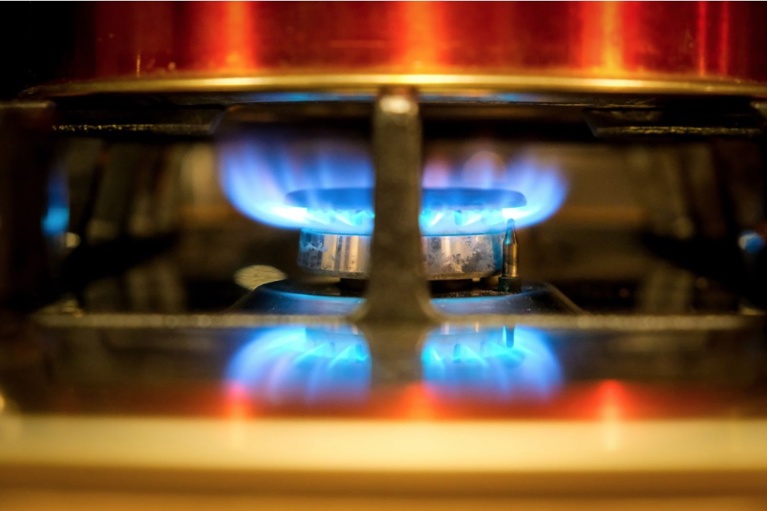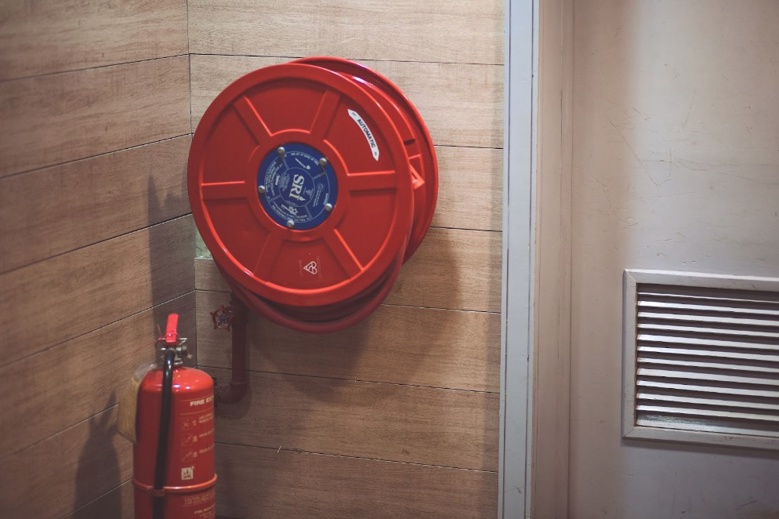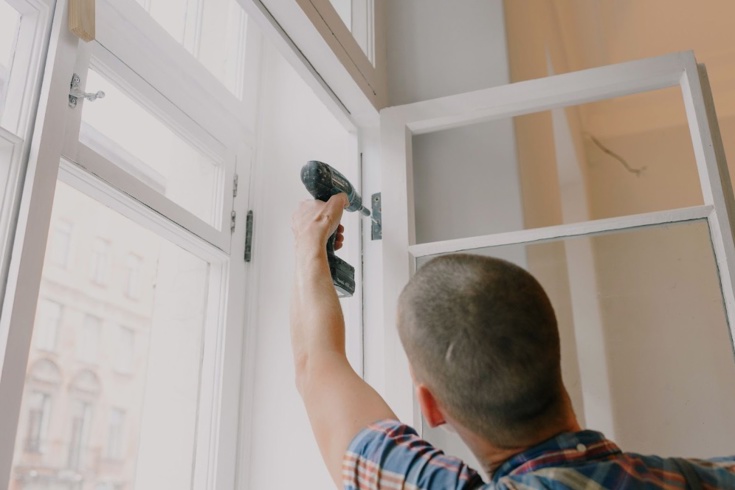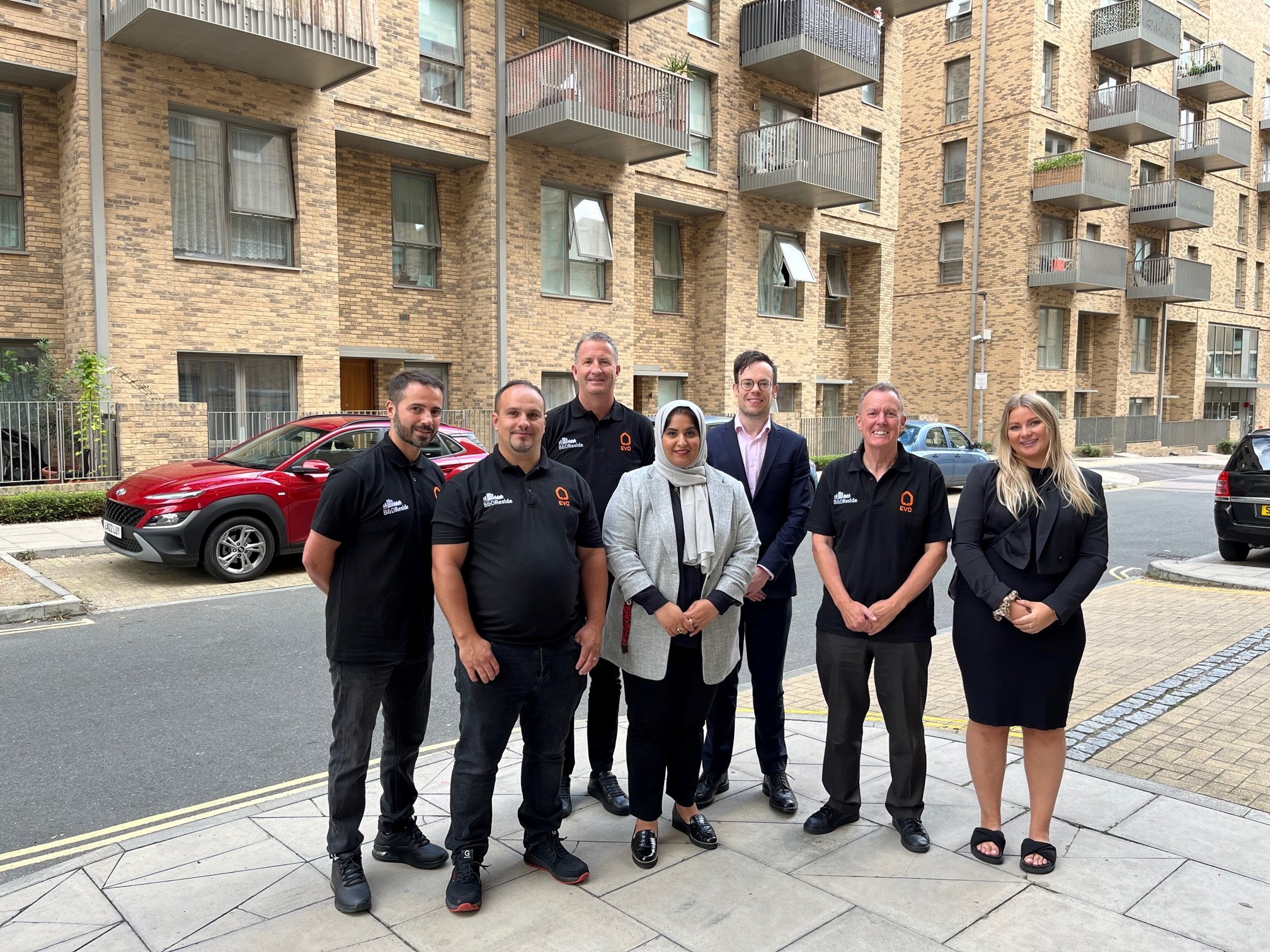
Highlights:
- A property is a house in multiple occupation (HMO) if it has at least three tenants from more than one household who use shared facilities.
- Larger HMOs usually need a mandatory HMO licence.
- Some councils also implement their own schemes so you may have to hold one or more of these licenses as well.
- You should contact your council to find out which licences you need.
- HMO landlords have a number of health and safety obligations and there are large fines for non-compliance.
HMOs are subject to different rules and licensing requirements than other rental properties.
It can be difficult to know whether your property counts as an HMO and what licences you need to apply for.
Do I need an HMO licence for three tenants? How do I perform an HMO licence check? This guide answers these questions and explains everything landlords need to know about HMO licensing.
What is an HMO?
A property is considered an HMO if it has:
- At least three tenants from more than one household
- Shared bathroom, toilet and kitchen facilities
A household is defined as:
- A single person
- Members of the same family living together
- People who are married or living together, including those in same-sex relationships
The following examples would be classed as an HMO:
✔️ Three friends renting a three-bedroom house together
✔️ Two members of the same family renting a three-bedroom property with a friend
✔️ An unmarried couple renting a two-bedroom house with a friend
The following examples would not be classed as an HMO:
❌ Three friends renting a three-bedroom house, where each has their own kitchen, bathroom and toilet facilities
❌ A family of three renting a three-bedroom property
❌ Three sisters renting a house together
When Do You Need an HMO Licence?
There are two types of licences that you may need for an HMO: mandatory and local authority.
Which one you require, if at all, depends on your local authority’s requirements, as well as the number of people living in your property and their relationship to each other.
In all cases, you need to comply with the Management of Houses in Multiple Occupation Regulations (2006) under the Housing Act 2004.
Mandatory Licences
These licences are for larger HMOs in England and Wales. Your property requires a mandatory licence if:
- There are five people or more living there from at least two separate households
- Some or all of them share kitchen, bathroom and toilet facilities
- At least one tenant pays rent
- The property is set over two storeys
A mandatory licence is valid for five years and you need a separate one for each HMO you operate.
What Happens If I Have Three or Four Tenants?
If you have three or four occupants where one or more is not related then your property doesn’t require a mandatory licence.
However, it will still be classed as an HMO if it meets the other criteria. It may still require a licence through local authority licensing schemes.
Local Authority Licences
Whether you have a large HMO or a small one, you may also require a separate licence depending on your local council’s requirements.
You should check with your local authority which licences apply to each of your properties.
Additional Licensing Schemes
These usually apply when your property is classed as an HMO but doesn’t require a mandatory licence.
These schemes are usually set up by local authorities to ensure fire safety standards in HMOs in their jurisdiction. They may apply to an entire city, or specific neighbourhoods or streets.
Selective Licences
Selective licensing schemes can apply to all rented properties in a defined area, not just HMOs.
They are used by councils to address issues regarding housing demand, the quality of rented accommodation, crime and antisocial behaviour.
As with additional licensing schemes, selective licences aren’t employed by all councils and don’t apply to every area, so it’s worth checking your local authority’s requirements.
Purpose-Built Flats
Purpose-built, self-contained flats in a block consisting of more than three flats are exempt from mandatory HMO licensing. But they still could be subject to selective licensing by your local authority.
Section 257s
A Section 257 HMO is a special designation given to flats that were converted without the proper building regulations sign-off.
Some councils include Section 257s in their additional licensing schemes. All Section 257s need to comply with the Licensing and Management of Houses in Multiple Occupation (Additional Provisions) (England) Regulations 2007.
Holiday Lets
Holiday lets such as Airbnbs do not require an HMO licence if they are solely used for short-term holidays.
However, if the property is rented out on a long-term basis and it fulfils the other HMO requirements then a licence will be required. For more information, speak to your local council.
How Do I Perform an HMO Licence Check?
As mentioned above, the best way to check which HMO licences your property needs, if any, is to contact your local authority.
You can usually find relevant information on their website. For example, here is Bristol City Council’s property licence check and apply page.

How Much Does an HMO Licence Cost?
HMO licence fee costs vary between councils. Here are what Bristol City Council charges, to give you an idea:
- New HMO licence: £1,420
- Licence renewal: £1,100
Extra Charges
Bristol City Council charges an extra £50 per household where there are more than five households in a property.
- Additional licensing scheme new application: £1,255 - £,1300
- Selective licensing scheme: £799
What Are Your Responsibilities as an HMO Landlord?
HMO landlords have numerous obligations to meet. These are similar to those required for single-let properties.
That’s because both situations are based on assured shorthold tenancies. This means that they are governed under the Housing Act 1988 and the Housing Act 2004.
But HMOs are subject to additional regulations. These are mainly associated with fire safety.
Here are some of the responsibilities that HMO landlords have:
Minimum Room Sizes
HMOs need to have the following minimum room sizes:
✔️ Any room used as sleeping accommodation by a person aged over 10 years old should be at least 6.51 square metres
✔️ Any room used as sleeping accommodation by two persons aged over 10 years should be at least 10.22 square metres
✔️ Any room used as sleeping accommodation by a person aged under 10 years should be at least 4.64 square metres
❌ Any room less than 4.64 square metres should not be used as sleeping accommodation

The Management of Houses in Multiple Occupation Regulations 2006
Under this legislation, landlords must:
✔️ Provide property manager contact details to each household and display them in a communal area
✔️ Fire escapes and precautions are maintained and free from obstruction, and steps are taken to protect occupants from injury
✔️ Maintain water supply and drainage
✔️ Ensure annual gas safety checks are carried out and electrical installations are checked every five years
✔️ Maintain, repair and keep clean all common areas and installations, and ensure common areas have adequate lighting
✔️ Ensure each unit and its furniture is clean at the start of each new tenancy and maintain the internal structure and installations in each letting
✔️ Provide adequate waste storage facilities and ensure that there is appropriate waste collection

Gas Safety
All residential landlords need to ensure that gas appliances, pipe work and flues are maintained in a safe condition.
✔️ An inspection should be performed annually by a Gas Safe registered engineer.
✔️ After the inspection a warranted Gas Safety Certificate will be issued for proof of inspection.
✔️ The landlord should keep this and share a copy with tenants within 28 days.
✔️ Landlords must be able to provide the current Gas Safety Certificate to the local council upon request.
✔️ The landlord needs to provide the Gas Safety Certificate in the HMO licence application, and send the latest copies to the council every year.

Fire Safety
HMO fire safety requirements vary by council. You will need to ensure full compliance with these requirements to be granted a licence.
Your local HMO enforcement officer can tell you what you need to do to comply with fire safety requirements. This could include:
✔️ Installing fire doors
✔️ Providing fire blankets and fire extinguishers
✔️ Installing specific door handles and locks
✔️ Installation of fire and CO alarms

Furniture and Furnishings
If you provide furniture it must meet the fire resistance requirements in the Furniture and Furnishings (Fire) (Safety) Regulations 1988.
Most furniture manufactured since 1989 will comply with these regulations. The regulations do not apply to:
❌ Sleeping bags
❌ Bedclothes, duvets and pillowcases
❌ Loose covers for mattresses
❌ Curtains and carpets
❌ Furniture and furnishings manufactured before 1 January 1950
❌ Properties let continuously to the same tenant since prior to December 1996

Fit for Human Habitation
By law your properties must be fit for human habitation. For HMOs, this includes bedrooms and all communal areas.
Factors that decide whether a property is habitable include::
✔️ Repair
✔️ Stability
✔️ Freedom from damp
✔️ Internal arrangement
✔️ Natural lighting
✔️ Ventilation
✔️ Water supply
✔️ Drainage and sanitary conveniences
✔️ Facilities for preparation and cooking of food and for the disposal of waste water
The house is considered uninhabitable if it is defective in one or more of the factors listed above.

Repairs and Maintenance
HMO landlords must keep the following in good repair and proper working order:
✔️ The structure and exterior of the dwelling
✔️ The installations for water, gas and electricity supplies and sanitation
✔️ The installations for heating the house and for providing hot water
You are not required to:
❌ Carry out works or repairs for which the lessee is liable due to damage or misuse
❌ To rebuild or reinstate the premises in the case of destruction or damage by fire, or by storm, flood or other unforeseen accident
❌ Keep in repair or maintain anything which the lessee is entitled to remove from the house

HMO Electrical Safety Inspection/Report
Landlords must ensure the electrics in their rental property, and any electrical equipment provided, are safe as outlined in the Electrical Safety Standards in the Private Rented Sector (England) Regulations 2020’.
HMO landlords must:
✔️ Ensure the ‘fixed’ electrical installations are inspected and tested by a qualified electrician every five years
✔️ Have an ‘Electrical Installation Condition Report’ (EICR)
✔️ Provide a copy of the EICR to each new tenant before they occupy the premises
The inspection will check for:
🔍 Overloaded electrical installations
🔍 Potential electric shock risks and fire hazards
🔍 Defective electrical work
🔍 A lack of earthing or bonding
Plugs and Sockets (Safety) Regulations 1994
Any plug, socket or adapter supplied must comply with the appropriate current standard. Live and neutral pins on plugs must be part-insulated to prevent shocks when removing plugs from sockets, and all plugs must be pre-wired.
Tenancy Deposit Protection
If a deposit is taken from a tenant, landlords must put it into a government-approved tenancy deposit protection scheme (TDP) within 30 days.
They must also provide the tenant with prescribed information related to the deposit within 30 days.
Risk Management
Your local authority will carry out a housing health and safety rating system (HHSRS) risk assessment on your HMO within five years of receiving your licence application. This includes a fire risk assessment.
If the inspector finds unacceptable risks then you must eliminate them.
Report Changes
You must tell your council if:
- You intend to make changes to an HMO
- Your tenants make changes
- Your tenants’ circumstances change - for instance, if they have a child
Council Requirements
Your local council may add other conditions to your licence when you apply for it. For example, they may ask you to improve the standard of your facilities.
You can appeal to the First-Tier Tribunal if you disagree with the conditions set by your council.
What Are the Penalties for Non-Compliance?
Failure to comply with HMO licence requirements or housing regulations will result in a fine. These include:
- An unlimited fine for renting out an unlicensed HMO (usually £10,000 - £40,000).
- If you have been renting out an unlicensed HMO your tenants may also be able to seek a rent repayment order covering the previous 12 months’ rent.
- A £30,000 fine if your Section 257 doesn’t comply with the Licensing and Management of Houses in Multiple Occupation (Additional Provisions) (England) Regulations 2007.
- £5,000 - £20,000 for renting to more than the number of tenants allowed on the licence.
- Up to £5,000 for breaking the terms of your licence.
Plus, you may not be able to evict tenants if your property isn’t licensed. A Section 21 notice will be invalidated if the property is an HMO and the landlord doesn’t have the correct licences.
Avoid HMO Non-Compliance
One way to keep up with your HMO landlord compliance requirement is to use a service like EVO.
Our compliance add-on helps ensure that jobs related to meeting regulatory and licence requirements are diarised and performed - leaving you to apply for your licence safe in the knowledge that your properties are compliant.
PHOTO BY EVO


